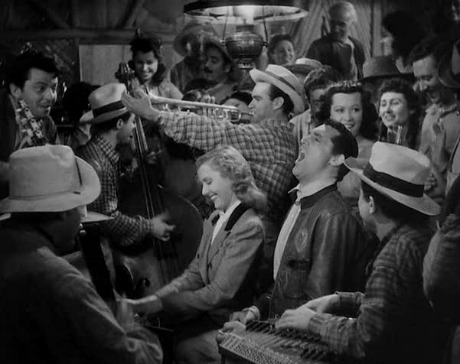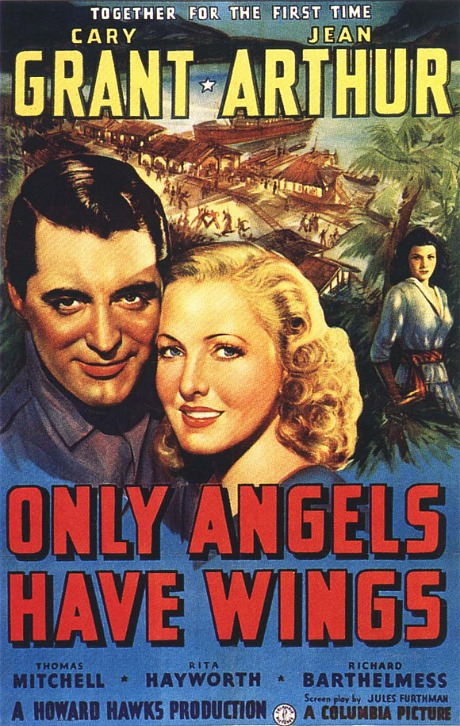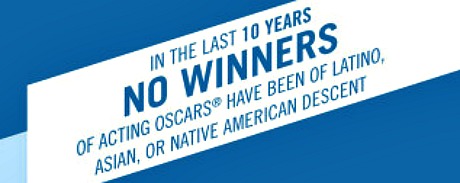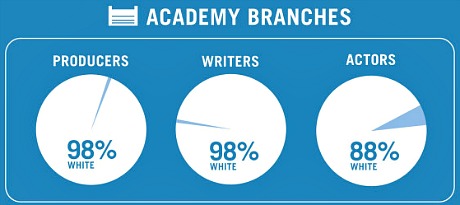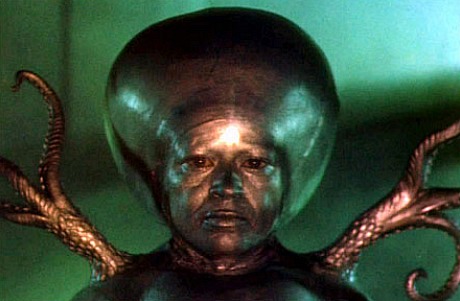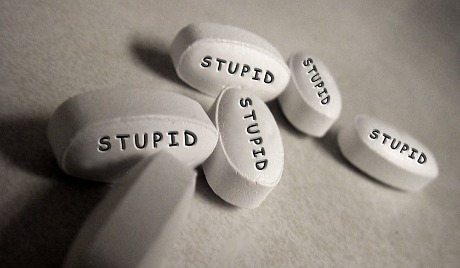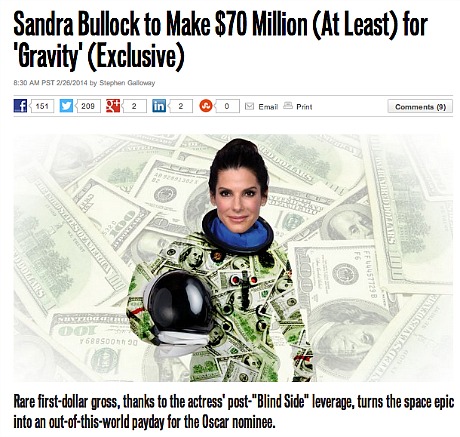I’m so sick of the Oscar race (and particularly of reading Oscar nominee suck-up pieces on Hitfix.com) that I’m not even going to post the winners in the Oscar Balloon, as I’ve done in the past. I’ll just post them as a story and that’ll be that. Instead I’ll be re-posting HE’s Projected/Likely 2014 Highlights roster. Before it goes up I’m asking once again for additions and suggestions. Which films belong under the Presumed High-Pedigree, Respectable Second Tier and Third-Tier Megaplex categories? I’ve obviously made my determinations but maybe I’ve got a few wrong.
Presumed High-Pedigree: Paul Thomas Anderson‘s Inherent Vice, Alejandro Gonzalez Inarritu‘s Birdman, Ridley Scott‘s Exodus, Bennett Miller‘s Foxcatcher, David Fincher‘s Gone Girl, Christopher Nolan‘s Interstellar, J.C. Chandor‘s A Very Violent Year, Jean Marc Vallee‘s Wild (i.e., the Reese Witherspoon hiking drama), Noah Baumbach‘s While We’re Young, Terrence Malick‘s Knight of Cups (or the other “intersecting love triangles” Austin-based film that still doesn’t have a title…or both), Matt Reeves‘ Dawn of the Planet of the Apes, Jeff Nichols‘ Midnight Special, Tim Burton‘s Big Eyes, Noah Baumbach‘s Untitled Public School Project, Phillip Noyce‘s The Giver, Mike Leigh‘s Mr. Turner, Todd Haynes‘ Carol, Justin Kurzel‘s Macbeth, Angelina Jolie‘s Unbroken. (20).
Read more
